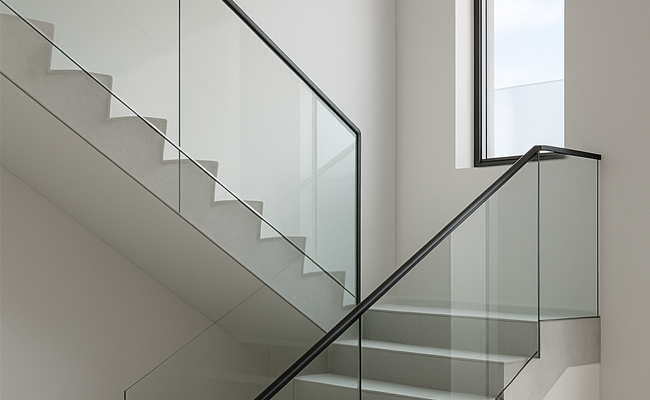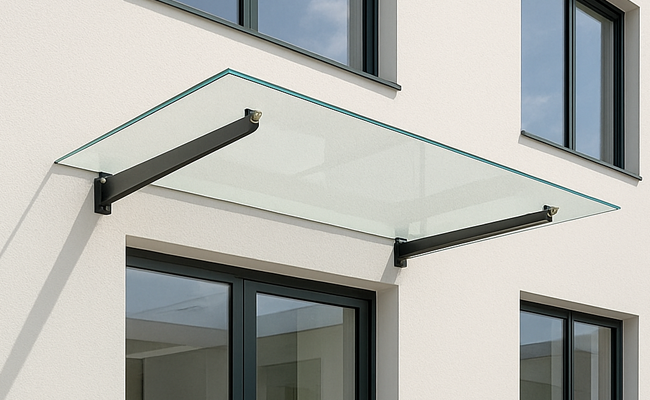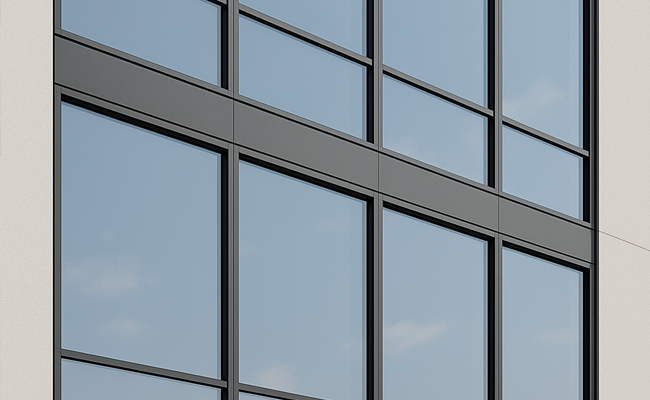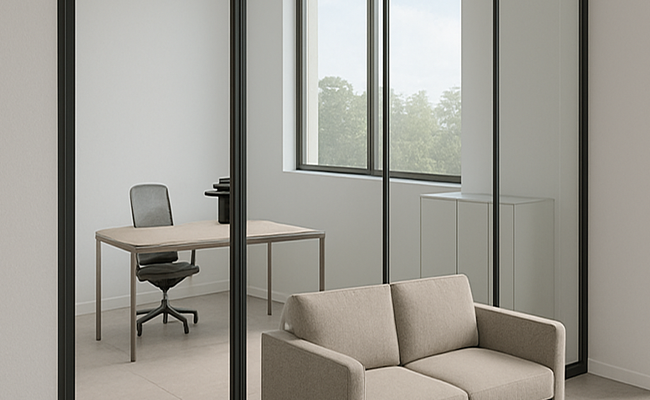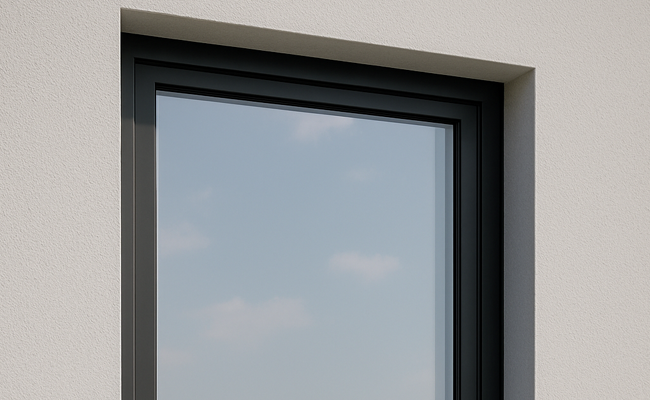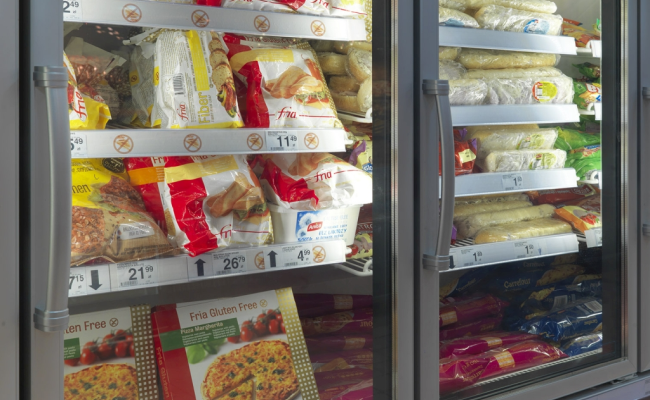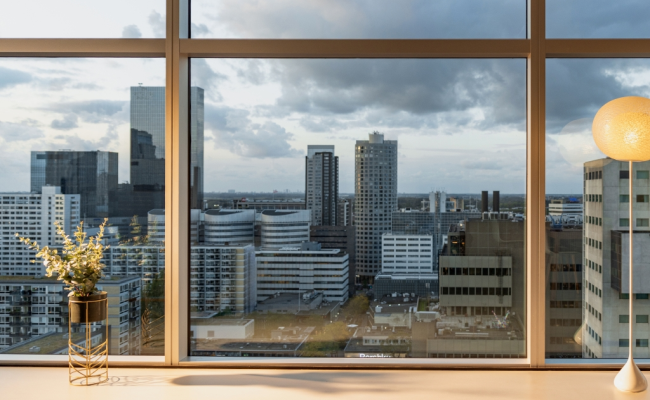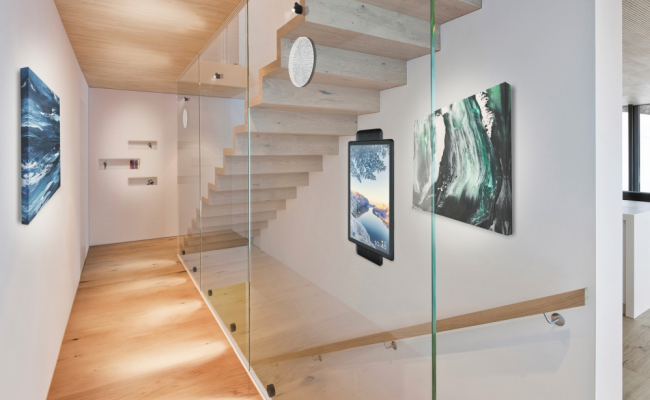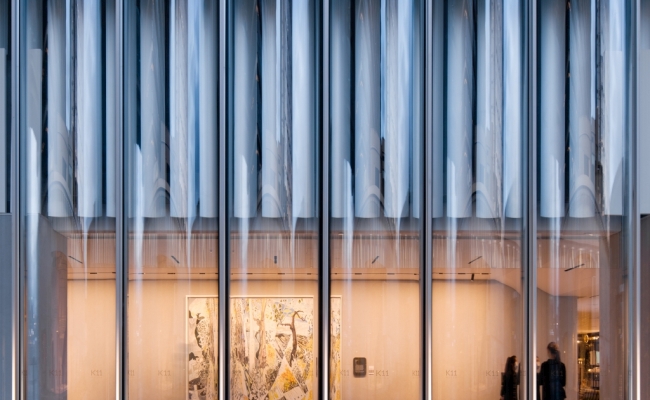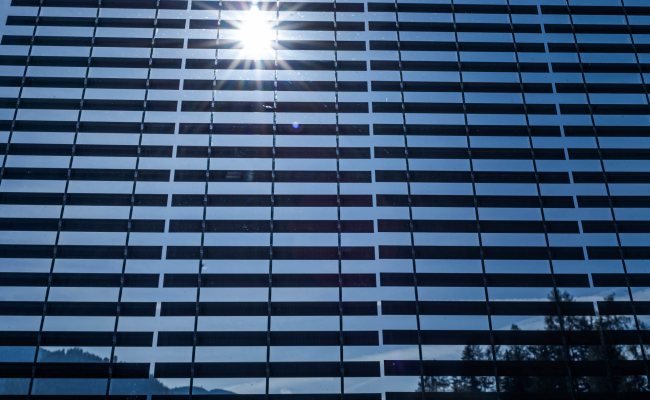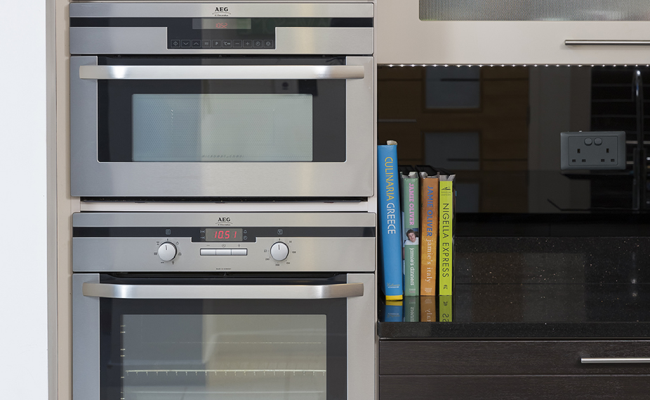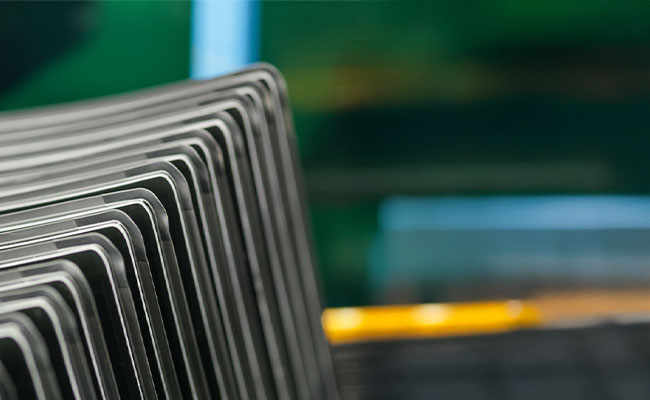Why glass can have a bigger impact on building occupants than you might think?
The title might be a slight giveaway, but it’s true – glass really can have a great impact on health and well-being.
As an industry, we’re now beginning to talk a lot more about how glass can affect building occupants. It’s a topic of conversation that’s easily overshadowed by the performance benefits glazing can bring to buildings themselves, like energy-efficiency and sustainability, for example.
Government bodies are now listening in too, and we’re seeing occupant health being recognised in major energy-efficiency legislation. For the first time, the health and well-being of building users must be taken into account under the revised Energy Performance of Building Directive (EPBD), the EU’s most important legislative tool for energy efficiency in buildings. This could safeguard well-being in the form of a requirement for a minimum ratio of glazing versus floor area in new constructions and major renovations.
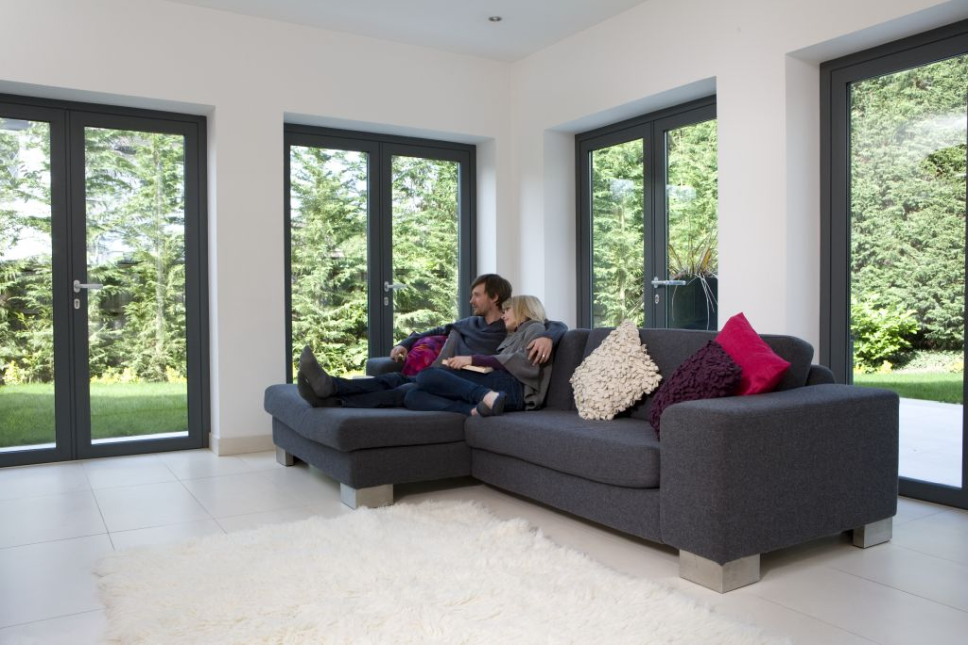
So, given the advancement of glass technology in recent years, what are the key ways that our windows can help us feel fit, healthy and productive?
Bright students and productive workers
There’s a growing body of evidence to suggest that the level of natural light we’re exposed to can affect our cognitive abilities.
A pan-European survey carried out by Paris’ Sorbonne University found that exposure to daylight can boost academic performance in schools, improving outcomes by as much as 15 per cent when students work in classrooms with larger windows. The study concluded that more windows and more daylight means more academic potential.
A Glass for Europe commissioned report from 2012 even linked increased daylight exposure to lower student and teacher absenteeism – as well as preventing the onset of tooth decay in children, thanks to greater Vitamin D production.
For the workplace, the same report found that 96 per cent of office workers prefer to work under natural light as opposed to electric lighting. Those in windowless offices are substantially less productive and exposure to daylight and views of the outside world are linked to better ability, lowered blood pressure, less stress and less fatigue.
When it comes to designing schools and offices and specifying materials, professionals may want to create larger expanses of glass that have the highest levels of natural light transmittance. Developments in glazing technology, including frameless structural glazing systems in particular, have helped building design teams flood buildings with natural light and create better visual connections between inside and out.
Blocking out the outside world
It’s just as important to block out unwanted environmental noise as it is to flood rooms with daylight. The noise we’re exposed to can have a dramatic effect on our health, and solutions like acoustic glazing – which reduces sound transmission into buildings – can be important in keeping occupants healthy.
Research by Imperial College London, which analysed the health data of 356,000 people in Britain and Norway, found that long-term exposure to traffic noise affects our blood chemistry over and above the effects of exhaust fumes. Meanwhile, another study from Barts and the London School of Medicine has linked traffic noise to instances of type 2 diabetes. The World Health Organization has also calculated that at least 1 million healthy life-years are lost every year in Western European countries because of environmental noise, with cardiovascular disease contributing to the vast majority of these deaths.
Remind architects of the benefits
Glass remains a popular building material for architects and other specifiers, evidenced by the growing number of heavily glazed buildings in towns and cities across the World. However, there are some who feel that glass is being overused in the built environment, which could be hampering the glass and glazing industry’s efforts to showcase glass as the building material of choice.
Talking more about how glass can support well-being – as well as its other benefits – will help to counter the arguments of critics and maximise developer demand.
